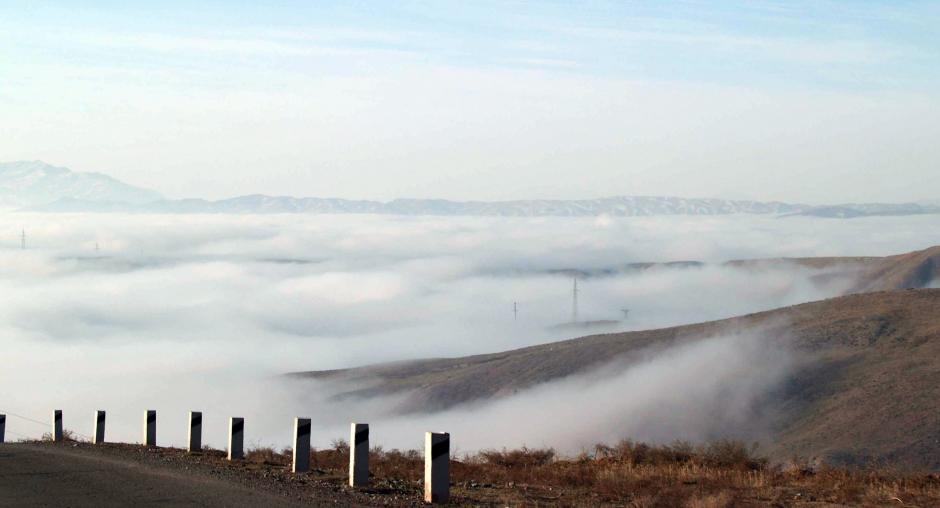Participants of OSCE conference in Dushanbe adopt statement on transit transport

DUSHANBE, 24 October 2007 - The delegations of Kazakhstan, Kyrgyzstan, Tajikistan, Afghanistan and Mongolia, participating in a conference on the prospects for trans-Asian and Eurasian transit transport development in Dushanbe, adopted a joint statement today.
The Dushanbe statement covers key issues related to fundamental transit transport policies; transport infrastructure development and maintenance; trade, transit and transport facilitation; public private partnerships; and the role the OSCE can play in co-operation with partner organizations.
A number of other delegations welcomed the statement or announced that they may join at a later stage.
The document welcomes the OSCE's support for the implementation of the Almaty Declaration and the Almaty Programme of Action through capacity-building measures and refers to possible future activities in a number of areas such as exchange of best practices, intensifying regional co-operation and co-ordination, assisting in implementing international legal instruments, and raising awareness of environmentally sustainable transport. It also takes note of a number of concrete proposals formulated during the conference.
Tajik Transport and Communications Minister Abdurahim Ashur expressed his satisfaction with the outcome of the meeting, reiterating the crucial importance of transit transportation for the overall development of Tajikistan and the region.
The OSCE will revert to the issue of transit transportation and the challenges faced by landlocked developing countries in the framework of the Economic and Environmental Forum to be held in Prague from 19 to 21 May 2008, as well as at the second preparatory conference in Ashgabad on 6 and 7 March 2008.
The Conference was organized under a Ministerial Council Decision on Future Transport Dialogue in the OSCE adopted in Brussels in December 2006. It aimed at contributing to enhanced political dialogue on transport and transit issues in OSCE landlocked developing countries and to a regional mid-term review of the UN endorsed Almaty Programme of Action.
